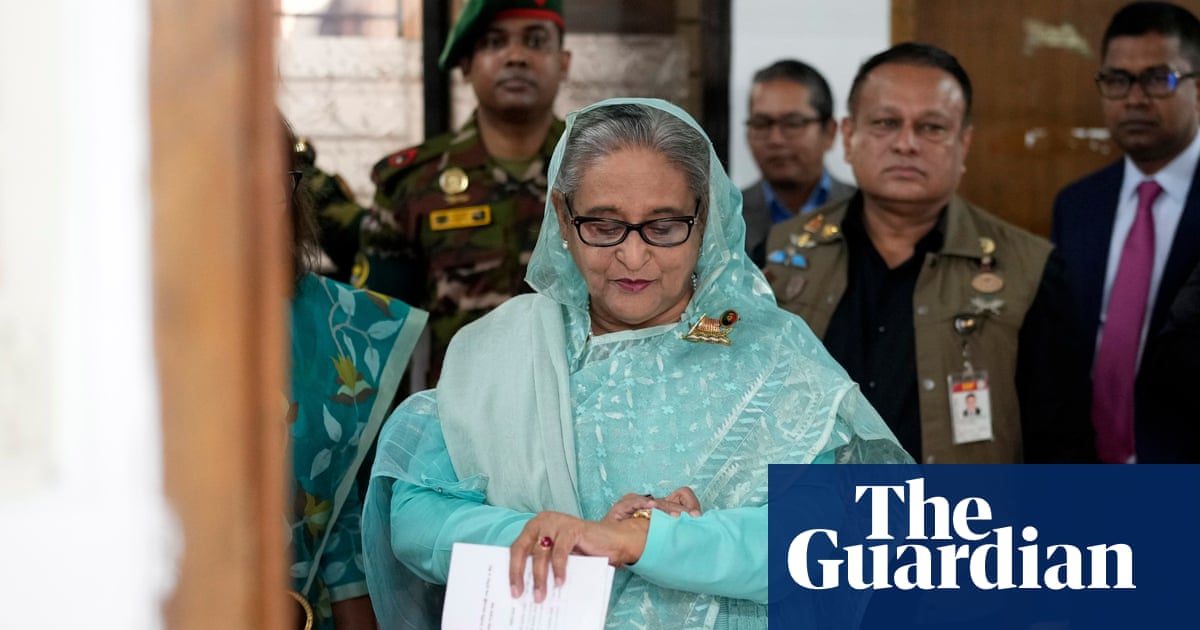 |
|
The political landscape of Bangladesh is currently embroiled in a significant international incident, stemming from the interim government's decision to pursue the extradition of former Prime Minister Sheikh Hasina from India. This move, announced by interim leader Muhammad Yunus, signals a dramatic escalation in the ongoing efforts to hold Hasina accountable for alleged crimes against humanity, corruption, and murder committed during her fifteen-year autocratic rule. The decision to seek extradition from India carries significant diplomatic weight, considering the historically close relationship between Hasina and the Indian government, a relationship that many in Bangladesh view with suspicion and resentment. The asylum granted to Hasina in India following her escape from Bangladesh in August, amidst a student-led revolution, has become a contentious point in bilateral relations. The potential for strained diplomatic ties between Bangladesh and India underscores the gravity of the situation and highlights the complex geopolitical implications of this extradition request.
The charges against Hasina are extensive and severe. Prosecutors have issued an arrest warrant and plan to issue an Interpol red notice, indicating the international scope of the investigation. The accusations include not only crimes against humanity, encompassing allegations of enforced disappearances, murders, and mass killings during the July-to-August uprising, but also extensive corruption involving embezzlement of millions of dollars. The scale of alleged human rights abuses is staggering, with estimates suggesting over 3,500 people may have been forcibly disappeared and over 1,500 killed during the uprising, during which Hasina's government reportedly ordered police to shoot protesters on sight. This brutality, coupled with the accusations of widespread corruption, paints a picture of a regime characterized by impunity and the systematic violation of human rights. The upcoming hearings of a special tribunal examining these allegations mark a crucial step toward accountability and justice for the victims and their families. The investigation involves international collaboration, with prosecutors seeking assistance from financial agencies in the UK, US, and Singapore to trace the allegedly embezzled funds.
The interim government, led by Nobel laureate Muhammad Yunus, has positioned itself as a transitional force committed to restoring democracy and reforming Bangladesh's political system. Yunus's decision to seek Hasina's extradition reflects a clear determination to pursue justice and accountability for the past, while simultaneously working towards building a more transparent and democratic future. The establishment of the special tribunal, coupled with the ongoing investigations and potential international cooperation, suggests a commitment to a thorough and impartial process. However, the timeline for the upcoming elections remains uncertain, leading to rising agitation on the streets. The success of the interim government hinges on its ability to navigate the delicate balance between delivering justice for past atrocities, ensuring a fair and transparent electoral process, and maintaining stability in the face of escalating political tensions. The complexities surrounding Hasina’s extradition and the ongoing pursuit of justice present a significant challenge for Bangladesh's future. The case will undoubtedly shape the country’s political trajectory in the years to come and will closely be observed on the global stage.
The international implications of this case are considerable. India's response to Bangladesh's extradition request will be closely watched. Granting the request could strain relations between the two countries, while refusal could damage India's international standing and its relationship with Bangladesh. The case highlights the challenges faced by countries in balancing their domestic political priorities with their international relations. The involvement of international financial agencies in tracing embezzled funds underscores the transnational nature of corruption and the need for international collaboration to combat it. Furthermore, the focus on crimes against humanity showcases the growing international attention given to holding perpetrators of human rights abuses accountable, irrespective of their past political power or influence. The outcome of this extradition request will likely have far-reaching consequences for both Bangladesh and India and will set a precedent for future cases involving similar allegations of crimes against humanity and corruption on a large scale. This entire event serves as a critical case study for how to address severe human rights abuses by former heads of state while adhering to legal norms and international treaties.
Source: Bangladesh to seek extradition of ousted leader Sheikh Hasina from India
